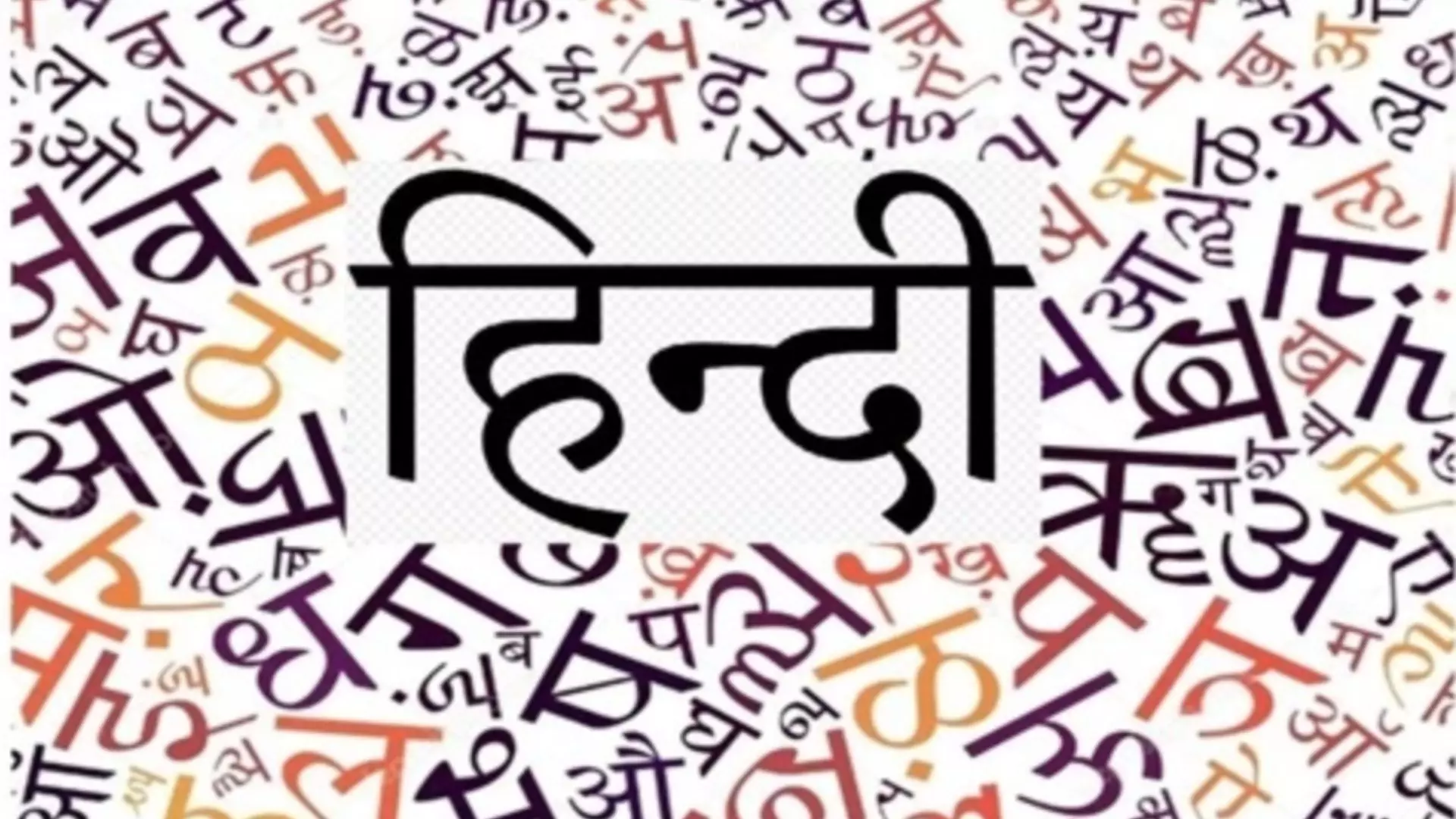
Harangues, open challenges, messages on social media platforms and even scuffles on roadside platforms kept the political arena vibrant for more than a week for two reasons, or ‘causes.’ One was the raging controversy over the three language system being sought to be introduced in Tami Nadu through a threat of cutting out sustenance for education and the second one was the delimitation of electoral constituencies, looming large over the country with an unfortunate augury for Tamil Nadu.
Going by the presence, and absence, of political party representatives at the all-party meeting called by Chief Minister M K Stalin on March 5 at the Secretariat, the entire political spectrum is seemingly cleaved with the vast majority of parties aligning with the ruling DMK in expressing profound fears over the State getting a short shrift in delimitation. The other camp that boycotted the meeting does not have any fears of losing constituencies when the new delimitation process takes place, sooner or later.
BJP State President K Annamalai accused the DMK of having imaginary fears while the ruling party in the State wanted the Union Government to spell out the process that it had planned and make it clear on what basis it would be carried out and what will be the outcome if it. However, the Union Government, apart from saying that the delimitation would be on pro rata basis had not come out with a clear formula and not clarified if population would be taken as the basis for the delimitation, which is nothing but redrawing the boundaries for the constituencies.
Since the perception is that States with bigger populations would get more representation in Parliament and States with less people will get fewer number of representatives, Stalin said that it would amount to penalizing the States that fared well in the implementation of the national-level family planning programme that was launched in 1952. Since the population of the country was burgeoning at a rate faster than its economic and other growth, the government wanted the people to have small families and carried out an elaborate campaign that reached every nook and cranny of the nation.
True, the multi-media campaign of those times had a desirable effect. But some States, including Tamil Nadu and others in the south, responded in a more positive manner with the number of children in families coming down drastically. But many north Indian States did not show the same results, meaning that couples there continued to have big families, keeping the overall population at a higher level. In fact three Census operations were cancelled because the government gave importance to the family planning programme that was implemented effectively by some States like Tamil Nadu.
Now those States would be penalized if the delimitation is carried out on the basis of the present population figures, says Stalin, who has also reached out to the States that were in the same boat. He has also called for a meeting on March 22 with political leaders of States that would not like to see their representation going down in Parliament. Even this mobilization against the proposed delimitation is opposed by the BJP, whose local leaders do not see any threat to the State in the redrawing of the constituencies as that they had not been told how it would be done.
But more than that, the bone of contention now is Hindi. Along with the delimitation issue, the State government is also resisting the National Education Policy (NEP) that the Union Government is too keen on implementing all over the country. With Tamil Nadu being the stumbling block in ushering in a uniform system, the Union Education Minister made it clear that funds for the State for education schemes would not be sanctioned unless the NEP was enforced. But for the DMK government the thorn in the flesh is the three language system that the Dravidian Movement has been opposing for at least 87 year by resisting the imposition of Hindi learning in schools.
Taking pride in its long history of ‘language wars’ (Mozhi Por, in Tamil), the DMK sees making Hindi a compulsory language of study as an anathema. It started in 1938 when the then premier of Madras Presidency C Rajagopalachariar wanted to introduce Hindi in the curriculum, provoking a protest, led by Periyar E V Ramasamy. That protest during the British regime saw several people laying down their lives to ‘protect’ Tamil. Since the DMK considers that first Mozhi Por as its political legacy, particularly the martyrdom of L Natarajan and then that of Thalamuthu, it is bound to oppose the idea of making Hindi compulsory in schools
Apart from that protest giving Tamil a political identity and raising the first call for a Tamil state, the subsequent agitation of 1965 was instrumental in placing the DMK in the seat of power in Fort St George in 1967. So opposing Hindi as a compulsory subject has been part of the DMK’s DNA and the NEP’s three-language formula was perceived as a definitive conspiracy to impose Hindi and subsequently Sanskrit. So, to protect the mother tongue Tamil, the DMK took on the Union Government and also tried to rope in other States. Even if all States did not respond positively, Tamil Nadu, as it has successfully carried on with the two-language policy so long, will put up a fight even in these changed times.





